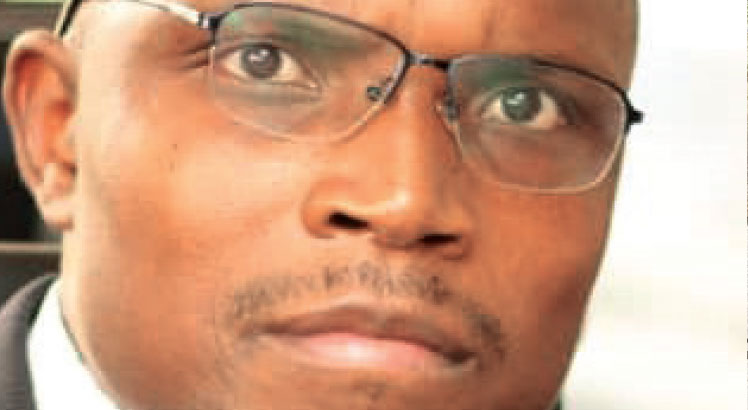AG keen on recovering assets illegally acquired
The Office of the Attorney General (AG) says it is geared, through civil forfeiture mode, to recover State assets it believes some companies and individuals, including government officers, acquired illegally.
But the Malawi Law Society (MLS) had earlier dubbed that as a silent way to implement a 60-day amnesty the AG had offered.
AG Thabo Chakaka-Nyirenda confirmed in an interview Thursday that his office was moving on, with financial and technical assistance from the British Government, to recover assets by applying civil forfeiture mode.
But he avoided commenting on President Lazarus Chakwera’s January 24 2022 denunciation of offering amnesty to criminals, saying he did not want to contradict the President’s stand.

MLS also cautioned the AG earlier on January 10 2022 on amnesty offer, and had argued that the only law that deals with corruption is Corrupt Practices Act.
It said property could only be forfeited after criminal prosecution and eventual conviction. MLS president Patrick Mpaka maintained this position in an interview Thursday.
But in an interview, the AG said the problem was that MLS did not properly read the law.
“Internationally, countries are required to incorporate two laws of forfeiture, and as per 2006 Money Laundering, Proceeds of Serious Crimes and Financings of Terrorism Act, Malawi achieved that.
“But later on, the international community, through Financial Task Force of Eastern and Southern Africa and a Money Laundering Group, International Monetary Fund (IMF) and World Bank identified gaps in our 2006 Act,” he explained.
Chakaka-Nyirenda said the gaps the IMF and World Bank identified were addressed in Financial Crimes Act in 2017. He said Malawi Government was forced in February 2017 to pass that Act which incorporates two modes of forfeiture, criminal and civil.
“Civil forfeiture doesn’t
need conviction and you can recover State assets easily than criminal forfeiture where cases have to be proved beyond reasonable doubt. If there is a light doubt, a criminal case collapses and the accused person is acquitted. The burden of proof is higher in criminal matters than civil,” he said.
The AG said views of MLS were advances outside the developments on the law he outlined.
But MLS president Patrick Mpaka stood by the society’s position in the interview, arguing confiscation of assets is only supposed to be done after conviction in criminal matters.
He said any other means to have people forfeit State assets would mean amnesty which the lawyers’ body challenged. Mpaka said Corrupt Practices Act is the only law for recovering assets through successful prosecutions and forfeiture thereafter.
President Chakwera, following dissolution of his Cabinet on January 24 2022, said he had advised Minister of Justice and Constitutional Affairs to tell the AG that he did not support the idea of offering 60-day amnesty to people suspected of engaging in corrupt practices.
People had expressed fear earlier that the amnesty offer was designed to protect government officials or other individuals who may have committed crimes to escape the wrath of the law.
Chakwera had said: “Although the idea of an amnesty was a campaign promise enshrined in our manifesto as a way of speedily recovering government’s stolen assets, it cannot be effected without a clear legislative framework that allows it to be implemented lawfully and without appearing
soft on corruption.
“The Minister of Justice is thus on instruction to review this policy and work with the Attorney General in designing a sound alternative for recovering Malawi’s stolen treasures.”
MLS earlier in January protested the AG’s move to offer amnesty, arguing there was no law to back his position. The lawyers’ body had argued the AG failed to show or identify any legal basis to offer amnesty.
Mpaka had hinted that in the case that the decision had no legal basis, it was going to be invalid.
“The country is held together by law that is the predictable standard to which we can all resort to at any time. If State actors easily depart from the script of the law, that is a recipe for chaotic lawlessness,” he had said.
The British Government is backing Malawi on forfeiture as a tool for tackling corruption.
British High Commissioner David Beer told The Daily Times recently that Malawi engaged non-convictional assets forfeiture specialist Carolyne Lamptey to support Malawian authorities in their efforts to recover illicit assets in corruption and money laundering.
The AG confirmed the development, adding Lamptey is from International Centre for Assets Recovery. He said the specialist was engaged as part of UK Foreign Commonwealth and Development Office-funded programme in Malawi





